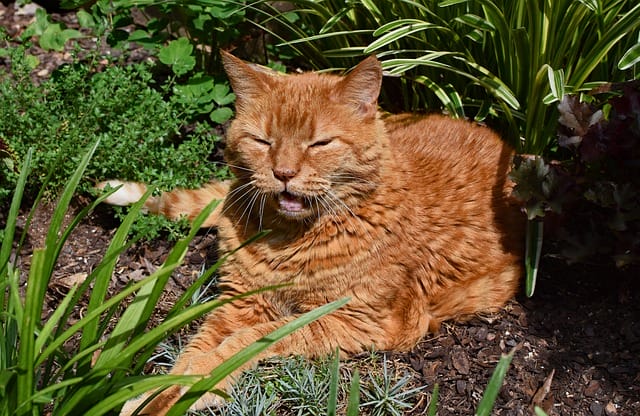
It’s nighttime and you’re sound asleep when you hear it. That loud, persistent yowling coming from your elderly cat’s room.
You’ve asked yourself this question a million times, but still don’t have an answer: why do elderly cats yowl so much?
Don’t worry, you’re not alone in wondering about this.
In fact, scientists are still trying to figure out the answer themselves!
But in the meantime, here are some theories on why your old kitty is making so much noise.
Here are the reasons why your old cats yowling
1. Lonely
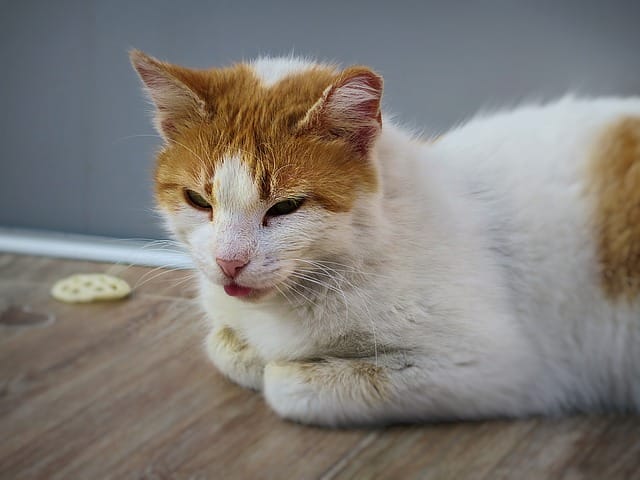
Unfortunately, the most common reason for seemingly incessant yowling in elderly cats is loneliness.
Although older cats are more likely to sleep through the night, sometimes they may feel alone when you leave them at home all day long.
Dogs won’t understand why their humans go to work during the day and leave them home alone.
But cats, on the other hand, know that you go to work and leave them behind. They can sense this and feel abandoned.
And unfortunately, they’ll let you know by yowling for your attention when you get home from work.
2. Need more attention
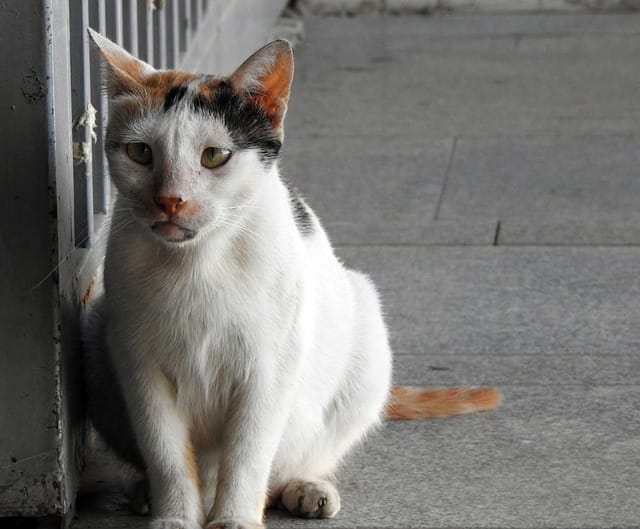
Although some older cats may begin to sleep later in the day, others are even more active during the night and demand your attention when you get home from work.
They may become clingy or needy and want to be near you with all their cats’ might, which is why they’ll yowl, meow and follow you around everywhere!
So if this seems like your cat, you’ll have to keep him/her in your room at night, with the door closed so they don’t feel abandoned again.
3. They’re Bored
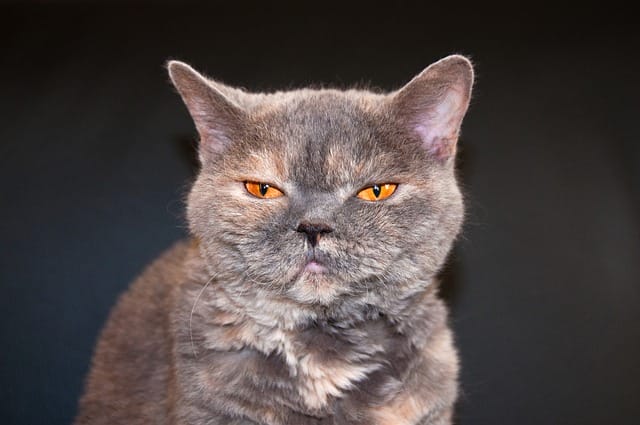
Another reason why your elderly cat may be yowling is boredom.
Regardless of age, cats need stimulation and entertainment to stay happy and healthy.
If you do not give your cat enough attention or they are kept in a small area for too long, they will be bored.
This is why it is not recommended to have an outdoor-only cat!
Think of what you do when you’re bored…do you just sit around?
No, of course not…you find something to do! Well, that’s exactly what your cat needs!
Cats are intelligent creatures and they need to be given constant stimulation in order to stay healthy.
If you keep your cat indoors, they will likely develop behavior problems or become obese since they are no longer using their energy properly.
4. Medical Reasons
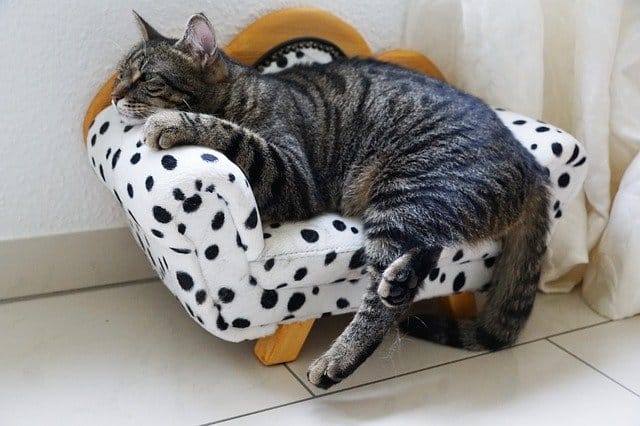
As cats age, they become more susceptible to medical problems that may result in changes in behavior or daily habits.
These problems can include cognitive dysfunction syndrome (CDS), kidney disease, thyroid disease, arthritis, hyperthyroidism, diabetes, dental disease, and many others.
Some of these problems can cause your cat to become more lethargic while others may drive them to be more aggressive.
Cognitive dysfunction in cats can cause them to behave erratically or develop compulsive behaviors like excessive grooming or over-grooming.
However, if you take your cat to the vet for an examination and a battery of tests, it will be easy to rule out any potential medical issues.
5. It’s in their genes
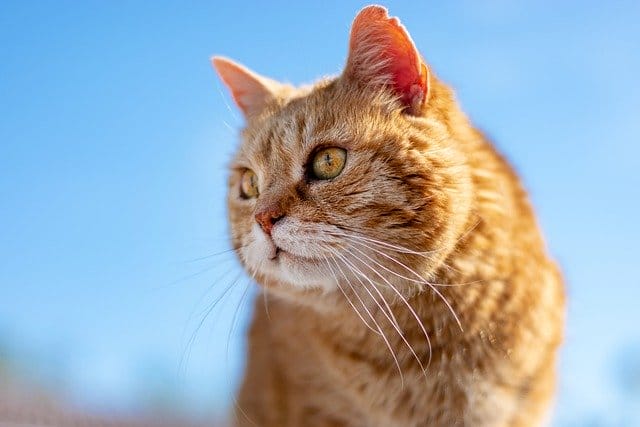
Lastly, an elderly cat may yowl because they’re just following the generations before them!
According to a study from the University of Lincoln in England, felines behave this way because that’s how they’ve been trained.
Yes, even cats have been influenced by their parents and grandparents before them!
In the study, researchers found that when a mother cat was in heat, it meowed loudly to attract male cats.
Even when she had kittens, she would continue this loud yowling in order to get her kittens’ father back into the house after he left to mate with other female cats.
And when the kittens grew up and started mating, they too would imitate their mother’s behavior in order to get a male cat back into the house.
What can you do about it?
So if you have an elderly cat who likes to yowl, what can you do?
Well, while it is perfectly normal for cats of any age or especially spayed female cats yowling at certain times, there are things that can be done to reduce the noise.
First, make sure your cat gets plenty of attention and stimulation throughout the day and take them for a walk every day.
If your cat enjoys this, they will feel more relaxed and won’t need to vocalize as much.
Secondly, take your cat to the vet for an examination and any necessary tests so you can rule out any medical problems that may be causing their behavior.
Ask your veterinarian about any medications or dietary changes that can help ease their problems.
Last but not least, make sure your cat is getting enough food and water throughout the day to ensure they aren’t cranky or hungry at night.
Feeding them at regular times will keep them from waking you up for a midnight snack!
So after reading this article, I hope you’ll try some of the tips mentioned here to help reduce or even eliminate yowling in your senior cat.
You also need to understand your cat by learning what it means when they yowl. And fortunately, you see the mystery of how cat language is uncovered.
Talk with your veterinarian if you have more questions and keep your cats happy and healthy!
- Essential Oils Safe for Cats: What Every Pet Owner Needs to Know - May 23, 2025
- Herbal Supplements for Cats: A Natural Approach to Cat Wellness - May 21, 2025
- Signs of a Healthy Cat Coat: What Every Cat Owner Should Know - May 19, 2025


GIPHY App Key not set. Please check settings